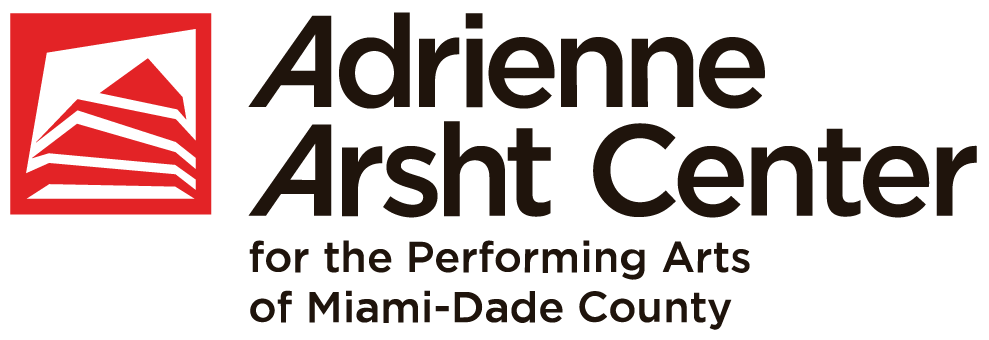
Dance-music veteran headlines annual LGBTQ event.
by Jake Cline
Google the name “Martha Wash,” and the search engine will put you in league with “People who also ask”:
• “Who was the real singer of Black Box?”
• “Who was the real singer for CC music Factory [sic]?”
• “Who is the real singer of Everybody Dance Now?”
Those are not unreasonable questions. Wash is, in fact, the “real singer” on the best-known songs by C+C Music Factory and Black Box, two hitmaking dance acts from the late 20th century. Whether she was, as Rolling Stone described her in 2014, “the most famous unknown singer of the ’90s” may depend on how seriously you took “Gonna Make You Sweat (Everybody Dance Now)” and “Everybody Everybody” (and, of course, how willing you are to accept that someone can be “famous” and “unknown”).
Wash, who headlines the Arsht Center’s sixth annual CommuniTEA Dance on June 4, certainly has the ability to make her presence felt. On C+C Music Factory’s “Gonna Make You Sweat,” a confection that burns its own calories, Wash doesn’t perform the song as much as she surrounds it. Her thunderclap vocal is the first thing you hear and, when paired with the limp rapping of Freedom Williams, the only thing you want to hear. That Wash owns the song has always been evident. Why she wasn’t originally given credit for it is another matter.
Rolling Stone wasn’t wrong when it suggested Wash’s story may be better known than the singer herself. In 1990, Wash sued the producers and record labels behind C+C Music Factory and Black Box, the Italian house-music outfit responsible for the ubiquitous “Everybody Everybody,” for failing to credit her for her vocal work on their recordings and for leading the public, through music videos and album-cover art, to believe other women were Wash. Meanwhile, as The New York Times reported, a “flurry” of class-action lawsuits accused Black Box and Seduction, another group that attempted to mask Wash’s vocal contributions, of consumer fraud.
Wash was a music-biz veteran by the time these controversies erupted. As a member of Two Tons O’ Fun, a gospel turned pop duo that also included singer Izora Armstead, Wash sang backup to disco star Sylvester on hits such as “Over and Over” and “Dance (Disco Heat).” By 1982, Wash and Armstead were calling themselves The Weather Girls and enjoying the success of “It’s Raining Men,” which spent two weeks at No. 1 on Billboard’s dance chart and will likely spend eternity on the playlists of the world’s wedding DJs. Her voice can also be heard on songs by Aretha Franklin (“Freeway of Love”), Luther Vandross (“I (Who Have Nothing)” and Bob Seger (“Like a Rock”).
Under her own name, Wash has released three solo albums. The most recent, 2020’s Love & Conflict, makes good on the promise of its title, with gospelly songs concerning respect for oneself and others (“Don’t Forget My Name,” “Honey My Friend”), heavy nods to her disco roots (“Rise and Shine”) and a tremendous, lacerating broadside against a “greedy devil” that sounds like The Supremes as produced by John Wick (“Never Enough Money”).
“She merged a gospel voice into pop and dance music seamlessly,” drag icon RuPaul told Rolling Stone of Wash. “A lot of gospel-based singers have come and gone in dance music, but she is the one.”
Pictured: Martha Wash courtesy of artist management.



